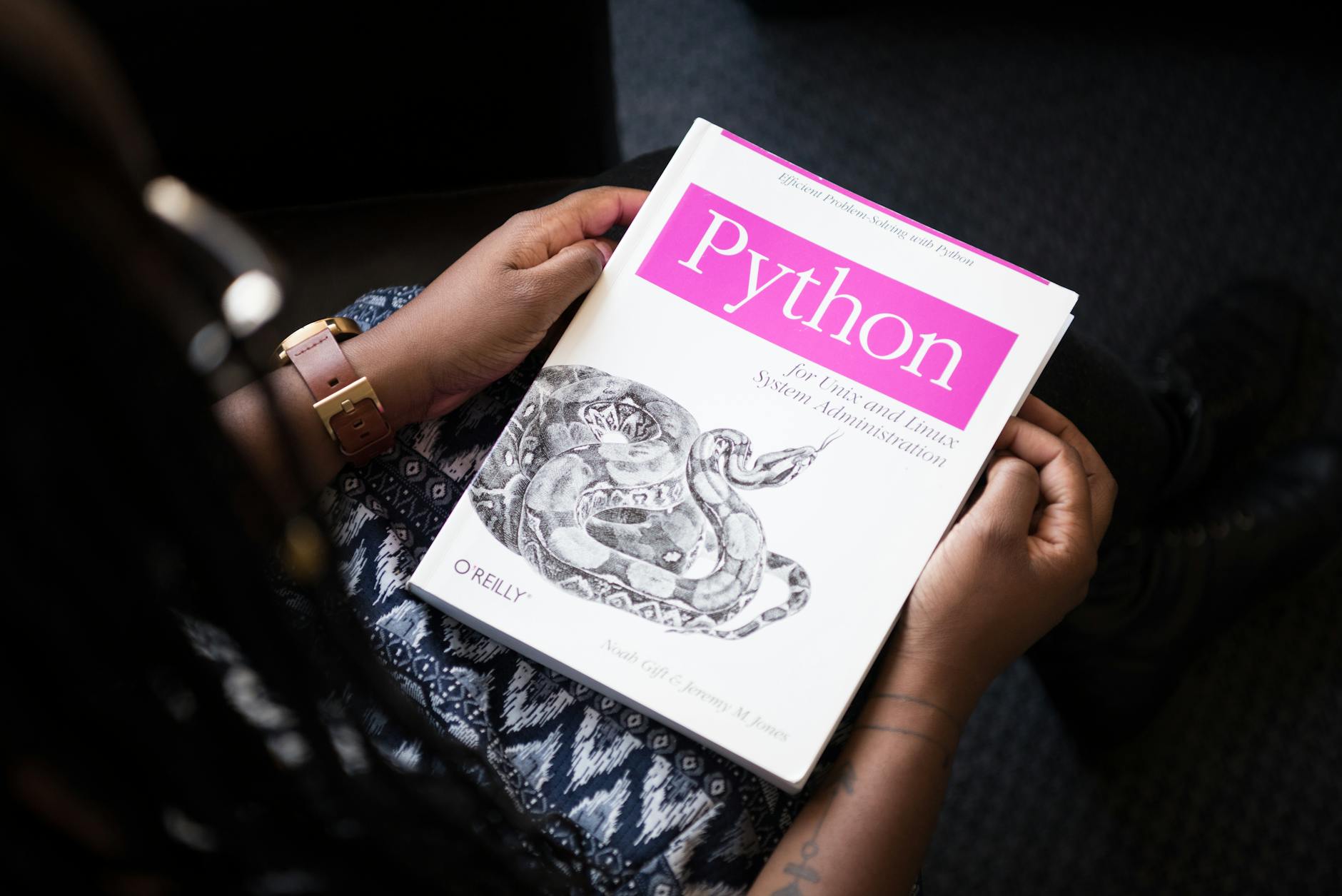Embarking on your machine learning (ML) journey can be exciting and overwhelming. With so many resources available, finding the right books for beginners is crucial. In this blog, we’ll explore the 10 best machine learning books for beginners, providing a strong foundation to master the basics of AI and data science. Whether you’re a novice or have some experience, these books cater to various learning needs.
Table of Contents
- Why Start with Books for Machine Learning?
- Top 10 Machine Learning Books for Beginners
- 1. Hands-On Machine Learning with Scikit-Learn, Keras, and TensorFlow
- 2. Python Machine Learning by Sebastian Raschka
- 3. Deep Learning for Beginners by Dr. John Paul Mueller
- 4. Introduction to Machine Learning with Python
- 5. Artificial Intelligence: A Guide to Intelligent Systems
- 6. Machine Learning for Dummies
- 7. Data Science for Beginners
- 8. The Hundred-Page Machine Learning Book
- 9. Machine Learning Yearning
- 10. Elements of Statistical Learning
- External and Internal Resources
- Conclusion
Why Start with Books for Machine Learning?

Books offer a structured approach to learning, often diving deeper than tutorials or online courses. A well-chosen book explains core concepts, algorithms, and their real-world applications in an accessible format. For beginners, books also provide a lasting reference for revision.
Top 10 Machine Learning Books for Beginners
1. Hands-On Machine Learning with Scikit-Learn, Keras, and TensorFlow
This book by Aurélien Géron is a practical guide to building machine learning systems. Using popular libraries like Scikit-Learn, Keras, and TensorFlow, it teaches concepts through hands-on projects.
- Why it’s great: Combining theory with practice makes it ideal for beginners.
- Alt text suggestion: Cover of Hands-On Machine Learning with Scikit-Learn, Keras, and TensorFlow.
2. Python Machine Learning by Sebastian Raschka
One of the most comprehensive books for beginners, it dives into Python’s capabilities in machine learning.
- Why it’s great: Detailed coverage of algorithms and Python libraries.
3. Deep Learning for Beginners by Dr. John Paul Mueller
If deep learning interests you, this book simplifies neural networks and deep learning concepts.
- Why it’s great: Focuses on simplicity without technical jargon.
4. Introduction to Machine Learning with Python

Machine Learning with Python
By Andreas C. Müller and Sarah Guido, this book emphasizes practical implementation.
- Why it’s great: Clear explanation of essential algorithms and Python examples.
5. Artificial Intelligence: A Guide to Intelligent Systems
Michael Negnevitsky provides a beginner-friendly introduction to AI and ML fundamentals.
- Why it’s great: Covers AI’s intersection with ML in an understandable manner.
6. Machine Learning for Dummies
John Paul Mueller and Luca Massaron simplify ML concepts for absolute beginners.
- Why it’s great: Easy-to-follow explanations and examples.
7. Data Science for Beginners
This book offers a comprehensive overview of machine learning within the data science domain.
- Why it’s great: Balanced focus on theory and practical applications.
8. The Hundred-Page Machine Learning Book

Read covering all the essentials
Written by Andriy Burkov, this book is concise yet informative.
- Why it’s great: A quick read covering all the essentials.
9. Machine Learning Yearning
Andrew Ng’s free book explains how to set up ML projects effectively.
- Why it’s great: Insights from a top ML practitioner.
10. Elements of Statistical Learning
While more advanced, this book is a must-read for beginners who want to dive deeper.
- Why it’s great: Thorough coverage of statistical concepts behind ML.
External and Internal Resources
External Links
- Scikit-Learn Official Documentation (DoFollow)
- TensorFlow Tutorials (DoFollow)
Internal Links
Conclusion
Choosing the right book can accelerate your machine-learning journey. From practical guides to conceptual overviews, the 10 best machine learning books for beginners here provide invaluable resources to build your foundation. Start with one that resonates with your learning style, and you’ll soon find yourself confidently mastering machine learning concepts.



Can you be more specific about the content of your article? After reading it, I still have some doubts. Hope you can help me.
Your article helped me a lot, is there any more related content? Thanks!
Thanks for sharing. I read many of your blog posts, cool, your blog is very good.